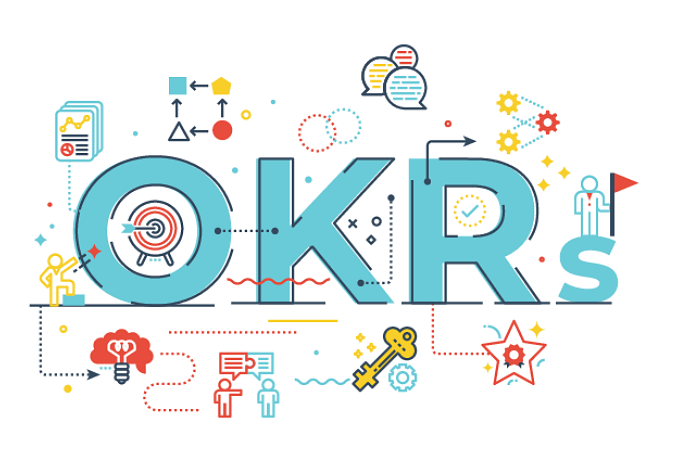
“Audits” and “Assessments” may appear similar but are substantially different.
One of the fundamental tasks of quality management is systematically evaluating the adherence to quality aspects. Typically, one or several national and international institutions apply to any given discipline, such as product design and development. Currently, Automotive SPICE (see http://www.automotivespice.com), led by the German auto manufacturers association VDA (https://www.vda.de/en.html), is arguably one of the most relevant software and systems development standards. The terms “audit” and “assessment” are distinct in this context. The “Automotive SPICE Assessment Model,” a supplementary document to the Automotive SPICE standard, provides the following definitions: Audit: An evaluation of work products and processes against specifications, standards, processes, or other agreements, generally carried out based on checklists. Assessment: A formalized and standardized evaluation of the processes of an organizational unit against a reference model (the “process reference model”). Depending on the situation, the assessor’s experience is used in the assessment. While neither audits nor standards can possibly be entirely objective, assessments tend to have more standardized rating schemes, such as ranks (e.g., “none-partially-mostly-fully,” etc.) Audits tend to be “black vs. white” outcome ratings, not unlike test cases (which are rated either passed or failed). Neither the VDA’s standard nor my attempt to refine it satisfies me since definitions may still appear too vague (terms like “usually” or “generally” are not too helpful). I am therefore proposing a more precise and less general distinction:- audits are based on the quality manager’s checklist, while
- assessments are based on formal standards and reference models.
Let’s start a conversation on LinkedIn or X.com (formerly Twitter).
I am a project manager (Project Manager Professional, PMP), a Project Coach, a management consultant, and a book author. I have worked in the software industry since 1992 and as a manager consultant since 1998. Please visit my United Mentors home page for more details. Contact me on LinkedIn for direct feedback on my articles.






Be the first to comment